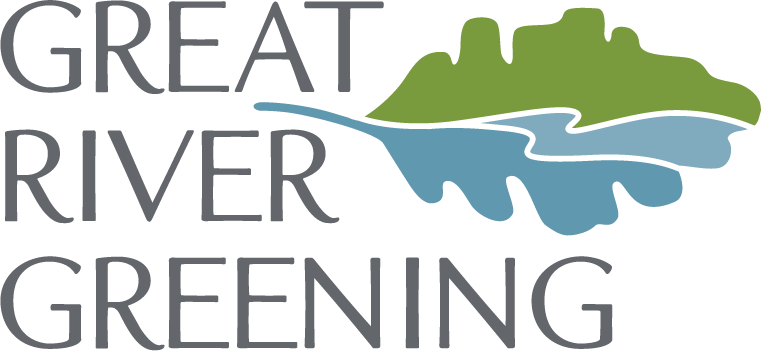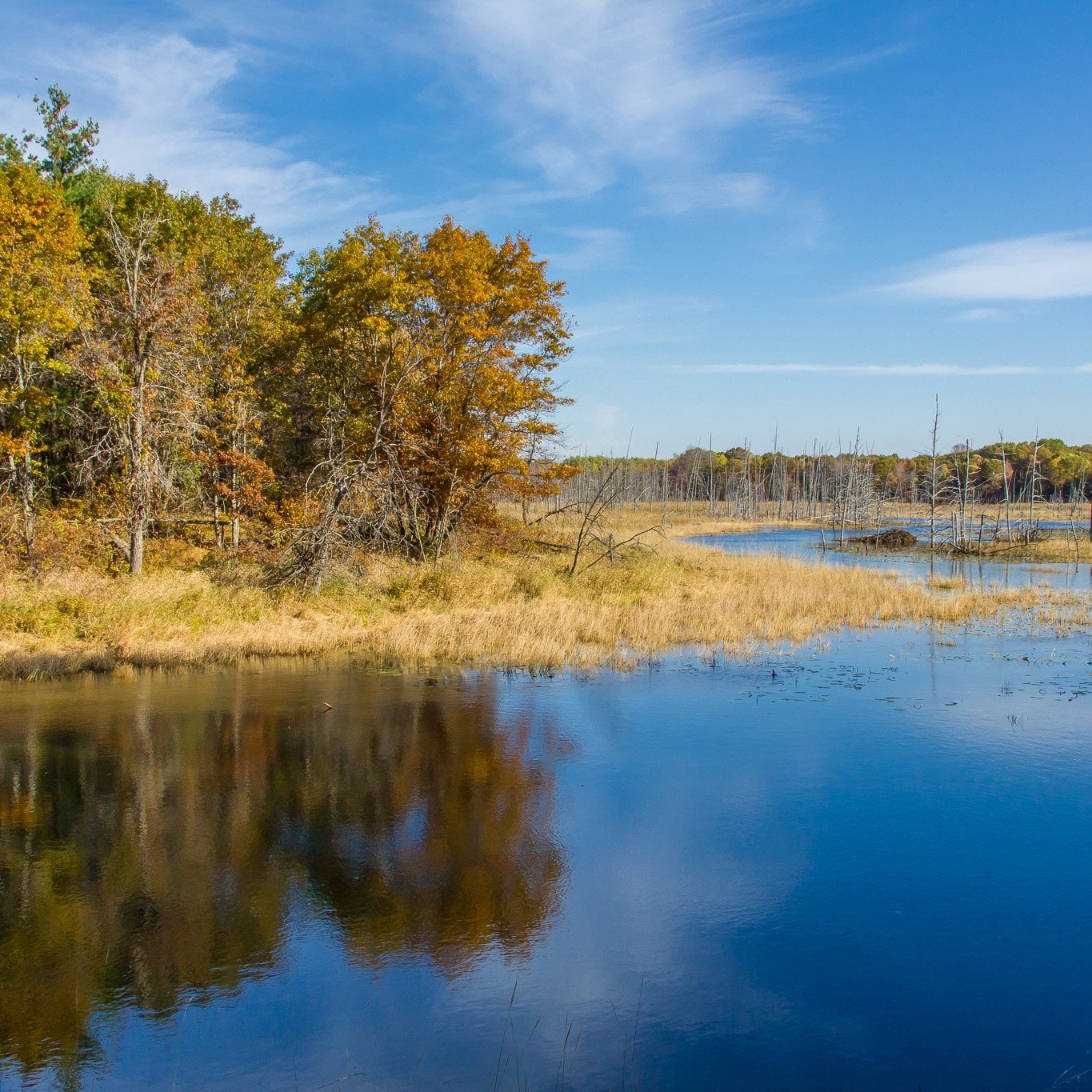Anoka Sand Plain
A unique and valuable ecological treasure
Characterized by thousands of shallow wetlands, miles of scenic rivers and streams, and the largest concentration of critically imperiled oak savanna in the Midwest, the Anoka Sand Plain is a unique and valuable ecological treasure located in east-central Minnesota. The sand plain provides:
Critical drinking water to the people of the Twin Cities and east-central Minnesota through its underground aquifer. Porous sandy soils make the resource vulnerable to contamination and pollution.
Unparalleled recreational opportunities for hunters, birdwatchers, hikers and the general public through a rich array of city and county parks, state wildlife management areas, scientific and natural areas, federal national wildlife refuges, and state-designated wild and scenic rivers.
Essential habitat for nearly 131 rare plants and animals, plus 97 wildlife species of greatest conservation need – and thousands of common ones – on public and private lands and waters throughout the region.
As with all of our programs, success in achieving our stated conservation goals for the Anoka Sand Plain is contingent upon our ability to forge strong partnerships with local communities, land management agencies, and private individuals – and nowhere has that been more successful than in the sand plain.
In 2008, Great River Greening began the effort of bringing together a group of conservation stakeholders with a goal of elevating natural resource protection and restoration in the sand plain. The resultingAnoka Sand Plain Partnership has harnessed the collective expertise, resources and connections of its 20 members to make major strides advancing terrestrial and freshwater resource conservation in the region.
Our Program
Strategic Conservation Action Plan
The Anoka Sand Plain Partnership prepared a 10-year plan for interagency communication and cooperation toward the goal of conserving the rich biological diversity, good water quality, and outdoor recreation throughout the Anoka Sand Plain ecoregion.
You can learn more about the habitats and goals to protect them HERE:
Restoring critical wildlife habitat on public and private lands.
Building and supporting the Anoka Sand Plain Partnership of over 12 active partner organizations, which has restored >12,000 acres and protected >360 acres of wildlife habitat.
Raising more than $12.5 million for restoration, enhancement, and acquisition to date.
Engaging nearly 1,000 volunteers in restoration and enhancement activities.
Accomplishments
State Wildlife Management Areas (WMAs), Scientific and Natural Areas (SNAs), and State Parks
Federal Wildlife Refuges
County Parks and Open Spaces
City Parks and Open Spaces
High Habitat Value Private Lands with Protection
Projects
Thank you to our partners and funders!
Partners
A robust suite of partners including:
Non-governmental organizations (NGOs): National Wild Turkey Federation, The Nature Conservancy, Minnesota Land Trust
Local Government Units (LGUs): Anoka Conservation District, Sherburne County Parks, Sherburne Soil and Water Conservation District (SWCD), Isanti SWCD, Isanti County Parks
Federal Landowners: Sherburne National Wildlife Refuge, Crane Meadows National Wildlife Refuge, USFWS Private Land Program
Minnesota DNR Units
The number of partners and diversity is a strength of the Anoka Sand Plain partnership, and illustrates that this area is a conservation priority for a variety of organizations and units.
Major Funders
Funding to support Anoka Sand Plain program activities has been provided by:
Minnesota Board of Water and Soil Resources
Minnesota Environmental and Natural Resources Trust Fund (as recommended by the Legislative and Citizens Commission on Minnesota Resources)
Minnesota Outdoor Heritage Fund (as recommended by the Lessard-Sams Outdoor Heritage Council)
National Fish and Wildlife Foundation
National Wild Turkey Federation
U.S. Fish and Wildlife Service
Xcel Energy Foundation





